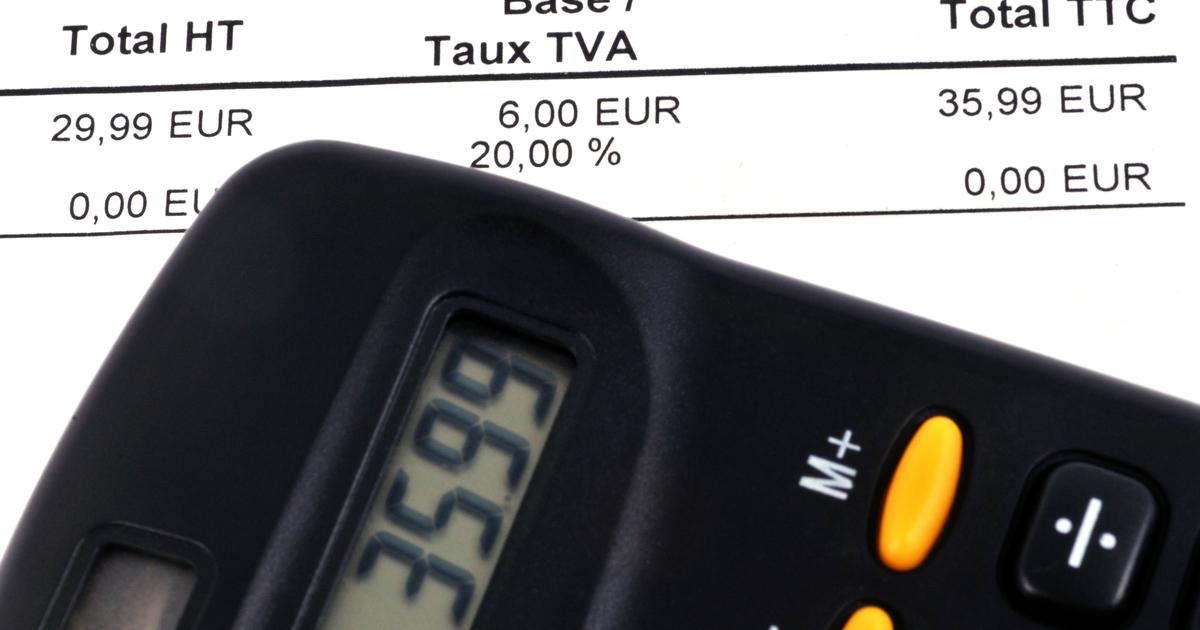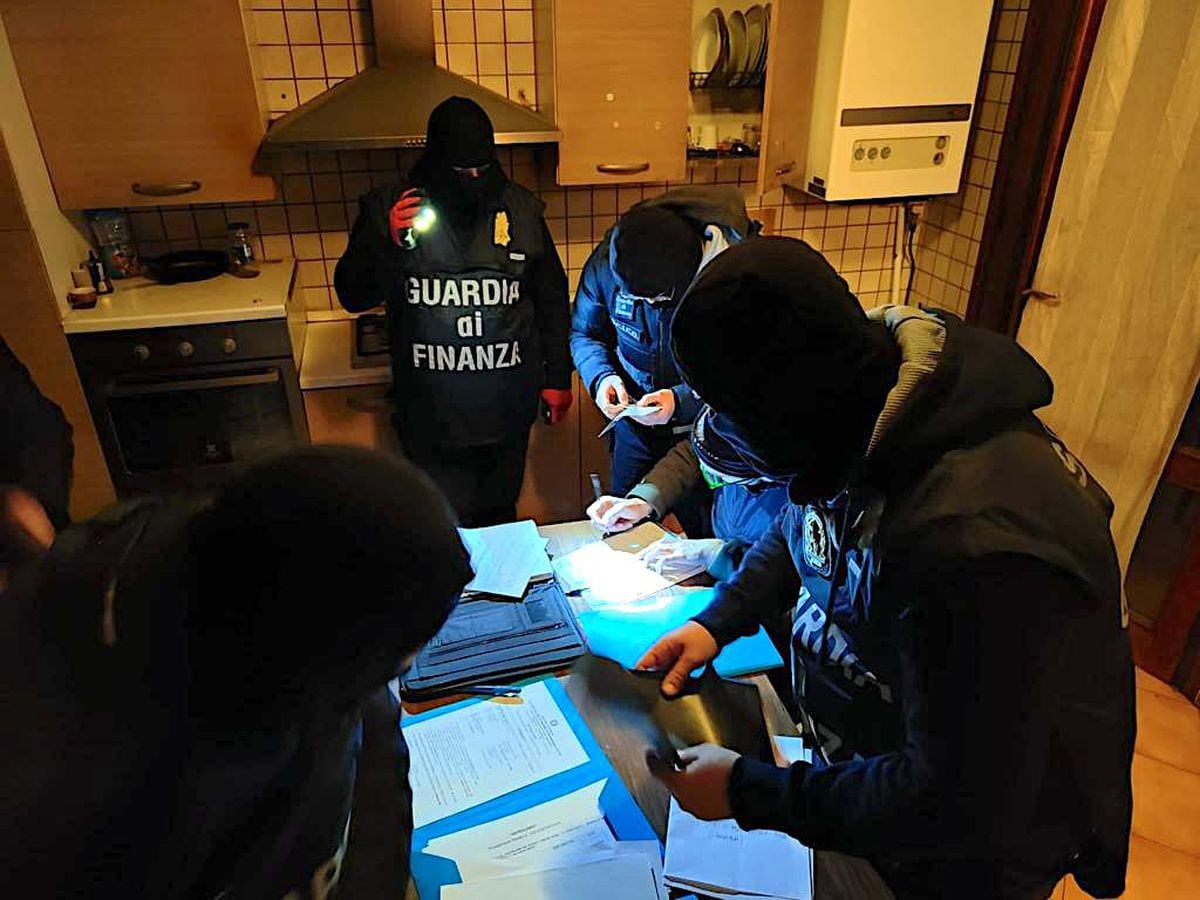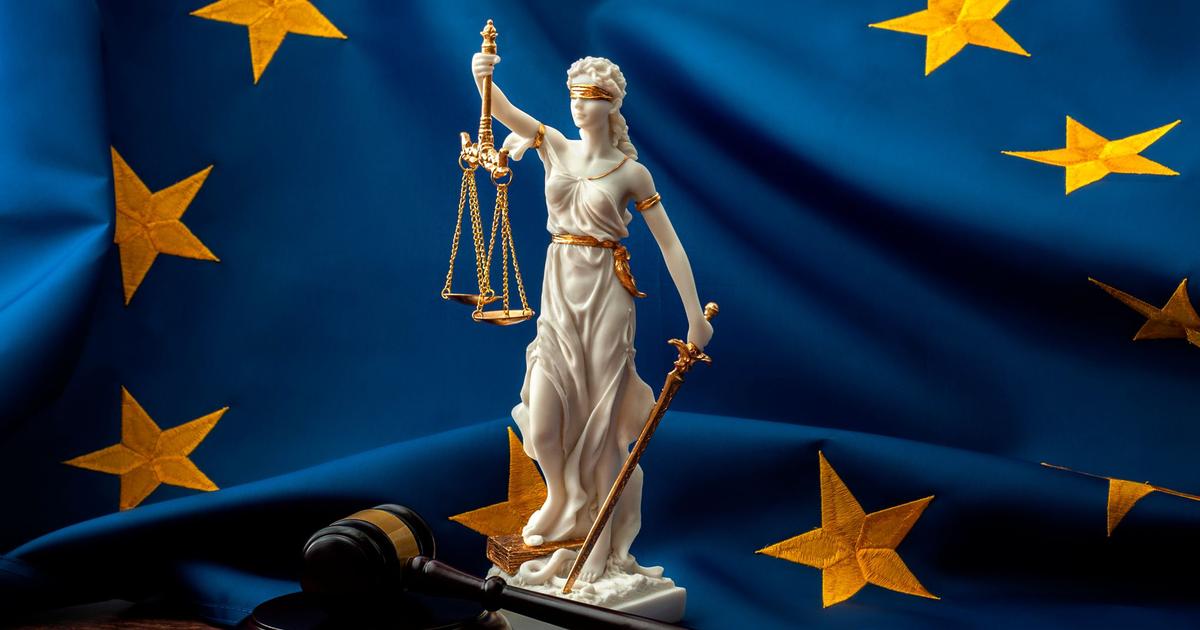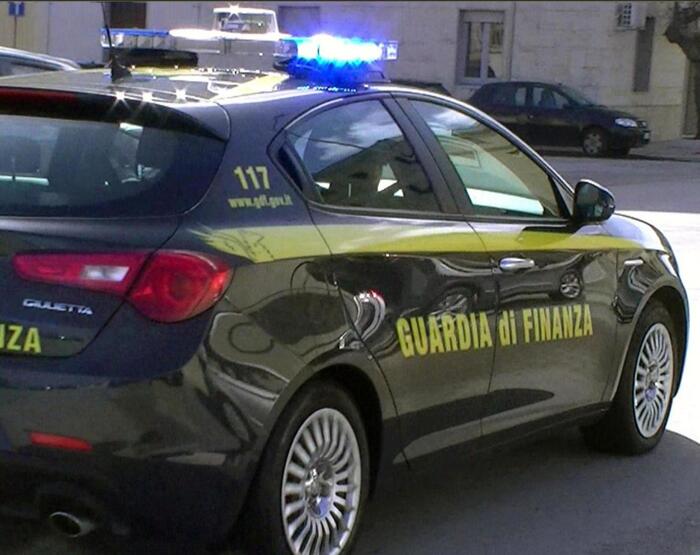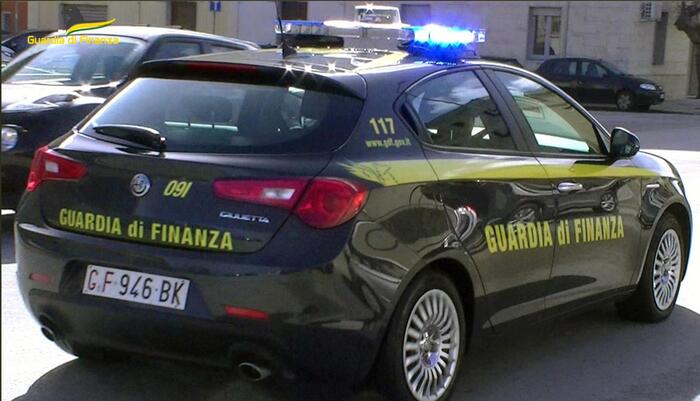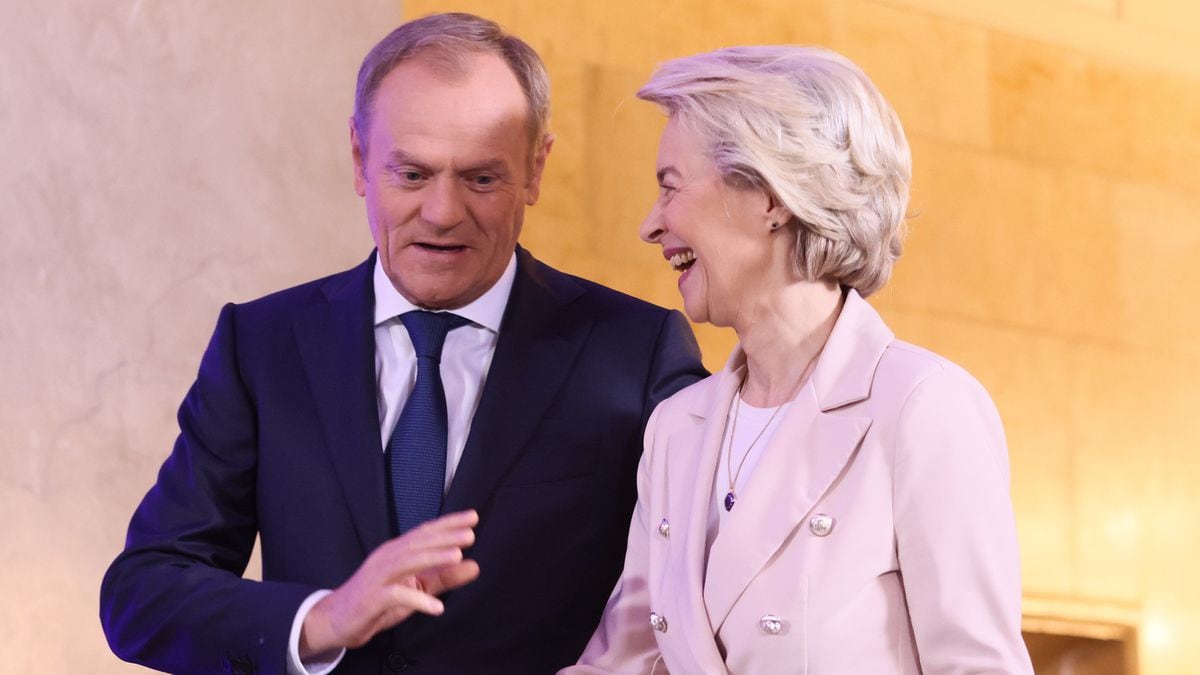After several months of delay, Brussels has stepped on the accelerator this summer to launch the European Public Prosecutor's Office, a body without precedent in the history of the European Union. At the end of July, the EU Council appointed the 22 members that make up the college of prosecutors, including the Spanish prosecutor Concepción Sabadell Carnicero, one of those in charge of the investigation of the Gürtel case.. And in early September, if the pandemic allows it, the first meeting of the college will be held under the presidency of the European attorney general, Laura Kövesi. For the first time, the EU will have a centralized prosecutorial body to investigate, prosecute and prosecute alleged perpetrators of crimes that harm the financial interests of the community club. Oversight will focus on the management of European funds, including the newly created recovery fund, and on the collection of VAT.
The European Public Prosecutor's Office will target fraud in the management of European funds, which is around 500 million euros a year, or cross-border fraud in the collection and settlement of VAT, whose losses are estimated at around 100 billion euros. annual euros. Many of these crimes, Brussels regrets, now go unpunished, among other things, because national authorities cannot undertake investigations beyond their borders and because European bodies, such as the European Anti-Fraud Office or Europol, lack the powers to carry out criminal investigations.
The centralization of these investigations in the largest cases represents a huge leap in criminal law, one of the areas where the Union has had the most difficulties to advance in integration. But the huge step forward will not be without its difficulties and probably obstacles in some capitals. In fact, some countries have not joined the project, including Hungary and Poland, two of the partners where it is suspected that there are more cases of corruption linked to the use of European funds.
"The creation of a European Public Prosecutor's Office has many ramifications at the national level," warns María Luisa Sánchez Barrueco, a professor of European Law at the University of Deusto and one of the authors of an exhaustive study on the Prosecutor's Office commissioned by the European Parliament. Sánchez Barrueco points out that "a very high percentage of fraud in European funds is a consequence of political corruption." For this reason, the teacher foresees tensions with the European Public Prosecutor's Office, whose actions may shake the political map of the Member States.
The Office of the Prosecutor will deal only with cases of greater value. The regulations reserve for European investigation fraud over 10,000 euros in the use of structural funds or agricultural subsidies and 10 million in the case of VAT. The investigation, led from headquarters in Luxembourg, will be done on the ground. For this, the European Public Prosecutor's Office will have two delegated prosecutors in each participating country. Once the investigation of the case is completed, the trial will take place in the corresponding national courts.
"Its effectiveness will be measured by three parameters: it must obtain more accusations, more convictions and a greater recovery of the amounts defrauded," says Sánchez Berrueco. And the teacher warns that if the Prosecutor's Office is not given the necessary means and independence, “there is a risk that everything ends up in a propaganda operation without any real benefit in terms of recovering the defrauded money and protecting the financial interests of the EU ”.
For now, the Prosecutor's Office already has the central apparatus of the body, which has been installed in Luxembourg, where it expects to have a staff of more than 100 people. Romanian prosecutor Laura Kövesi, with a reputation for having relentlessly pursued corruption in her country, was appointed as attorney general at the end of 2019 for a non-renewable term of seven years.
Kovesi, who was an anti-corruption prosecutor in Romania for five years, set himself a goal of confiscating fraudulently obtained assets, which amounted to € 2 billion during his tenure. The structure she designed multiplied by 10 the volume of assets seized annually, according to what she herself explained during the hearing before the European Parliament prior to her appointment.
College of prosecutors
The attorney general will have a college of prosecutors, one for each country. On July 27, the 22 members of the college of prosecutors were appointed, after the presentation of a shortlist of candidates in each case. And community sources indicate that the first meeting of the entire school could be held, in person or virtually, on September 7.
In the case of Spain, Concepción Sabadell Carnicero was elected from the Anti-corruption Prosecutor's Office. Sabadell led the public accusation in the trial on the Gürtel case , a plot of political corruption around the Popular Party whose conviction led to the motion of censure that brought down the government of Mariano Rajoy.
Each prosecutor will have a six-year term, renewable for three. To facilitate future staggered relief, the first prosecutors appointed by eight countries, chosen by lottery, will have a non-renewable term of just three years. Chance placed Spain in that group, which may limit Sabadell's impact on the startup of the new Prosecutor's Office.
The selection of prosecutors has also served to show one of the problems that the new body will have to face: the uneven quality of the judicial systems that coexist in the EU and doubts about respect for the rule of law in some partners. Kovesi herself, who was fired in Romania as an anti-corruption prosecutor amid accusations of abuse of power, came to office with opposition from her own country, which maneuvered in Brussels to try to avoid her appointment.
Among the prosecutors, the most significant case has been that of Malta, where the political and judicial system went into crisis after the murder of journalist Daphne Caruana, attributed to a plot with ramifications at the top of the executive branch. Malta has delayed the process of training the college of prosecutors because it was not even able to present a shortlist of acceptable candidates. The selection committee, finally, pointed out that "given the exceptional circumstances in that Member State, it is objectively impossible for that State to find other admissible candidates within a reasonable time."
The Council of the EU agreed with the shortlist raised by the Maltese government and appointed one of the candidates "given that any other delay in the European appointment would have significant adverse consequences on the effectiveness of EU law", as read in the Decision that collects the appointments.
Hybrid model
The European Public Prosecutor's Office was born like this after overcoming years of debate and thanks, in part, to the impulse of Spain and France, which opted for the hybrid model (a general attorney assisted by a college of prosecutors) that finally made its way. Some countries have disengaged from the project, including Hungary and Poland, two of the partners where it is suspected that there are more cases of corruption linked to the use of European funds. Others, such as Sweden and Denmark, do not participate as they consider this to be too ambitious a step in European integration.
The historic step has been achieved thanks to a strengthened cooperation launched in 2017 by 16 countries, including Spain. Six other partners joined the project and finally only Poland, Sweden, Hungary, Denmark and Ireland have been left out.
The European Commission has already proposed that the scope of action be expanded to include other crimes that may be transnational in nature, such as terrorism. But many EU partners see it still premature. Sánchez Barrueco believes, however, that in the future he could take on crimes such as ecological crimes or human trafficking. “The creation of the Prosecutor's Office, although it begins limited to the damage to the club's financing, has a clear intention to advance in integration. And we all know that when the EU takes a step forward, it no longer goes backwards ”, emphasizes the professor.



